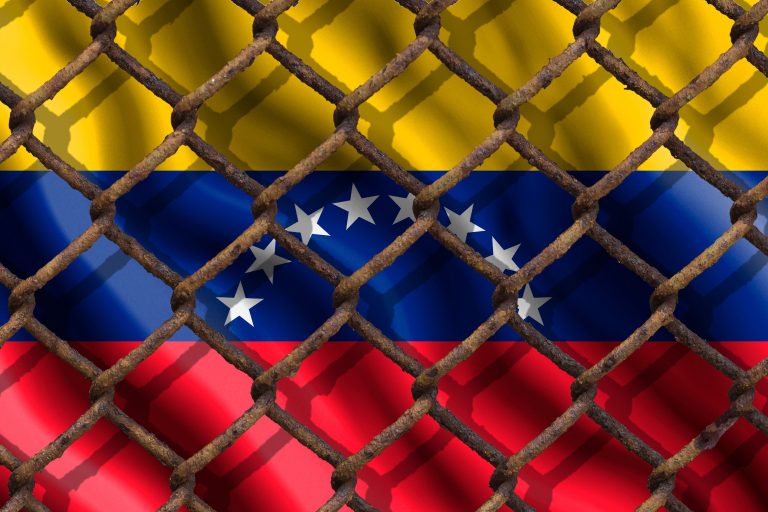
Some companies in Venezuela are using the stablecoin tether as a way of sidestepping sanctions and settling payments with foreign customers and providers. Local reports indicate that, while the most popular use case for the stablecoin involves its purchase for devaluation shielding purposes, a handful of companies are also harnessing it in this way.
Companies Are Reportedly Using USDT to Avoid Being Hurt by Sanctions in Venezuela
While the use of dollar-pegged stablecoins, like Tether’s USDT, in countries like Venezuela is mainly related to inflation and devaluation according to Chainalysis, a second use case has also been discovered recently. Reports from local analysts state that a handful of companies are using USDT as a payment method for foreign customers and providers, which are afraid of using traditional payment means due to the risk of receiving sanctions.
According to Juan Blanco, director of local consulting firm Bitdata consultants, many unidentified companies are settling commercial exchanges using USDT, with part of this cash flow coming from companies located in Asia and Russia. Blanco stated:
There are things that are being produced in Venezuela with great value that are traded in USDT. The little that is exported, due to the issue of the blockade, leaves the country through the free and independent mechanism provided by the blockchain to pay for goods and services.
Luis Gonzalez, manager of Cashea, a local financing hub, stated that sanctions do affect Venezuelan SMEs, even when these are not contemplated in their scope. Gonzalez explained:
With the sanctions they restrict us, who have nothing to do with political issues. Access to international transfers, currency, means of payment and suppliers is limited. Obviously, most payments are made abroad and in foreign currency. The only alternative that we have had is the use of USDT.
Crypto for Oil
The reports of the possible implementation of cryptocurrencies for sidestepping sanctions in Venezuela come from 2019, when the central bank of the country was studying to use ether and bitcoin to pay providers of PDVSA, the state-owned oil company, according to Bloomberg.
More recently, in October, the Department of Justice indicted five Russian nationals and two oil brokers that were using USDT as part of a scheme to purchase equipment for the Russian military and sell Venezuelan oil. The indictment alleges that at least one sale of 500,000 million barrels of crude might have been settled using USDT.
What do you think about the usage that Venezuelan companies shave found for USDT? Tell us in the comments section below.
from Bitcoin News https://ift.tt/Y3Qn1cI
Comments
Post a Comment